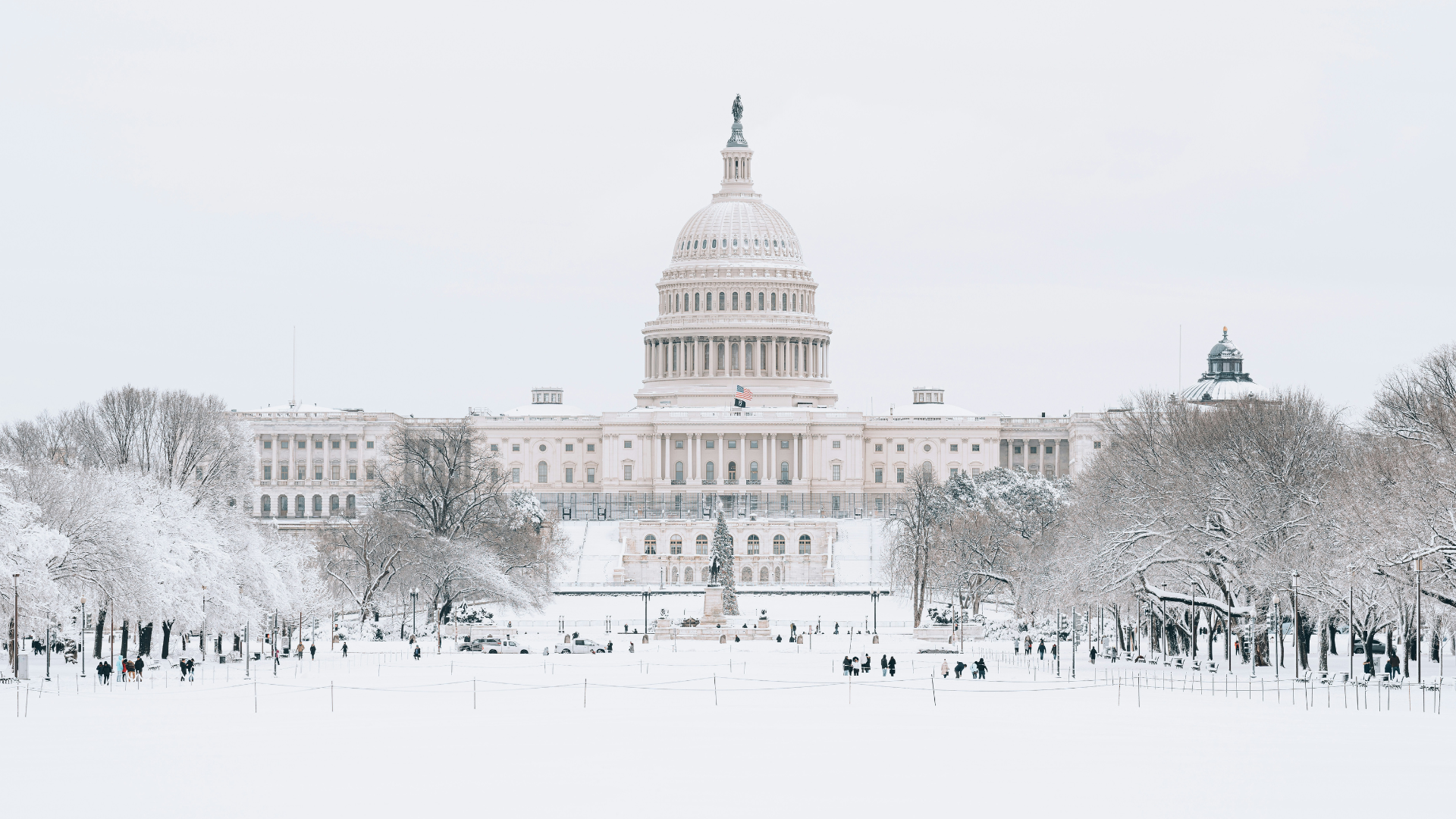As the nation’s capital prepares for the upcoming inauguration of a new administration, those in the present administration are rushing to tie up loose ends on unfinished business in areas like cybersecurity and AI. We look at some of those activities below.
Last-Minute Cybersecurity Guidance
This week, federal officials issued a major executive order and various other directives related to cybersecurity. Naturally, the government tech media was watching closely:
- Nextgov/FCW reporters Natalie Alms, David DiMolfetta and Alexandra Kelley got their hands on an advance copy of an executive order (EO) with guidance on a range of cybersecurity issues, including rules on stricter software procurement procedures and fastening detection response tools onto federal computer systems. In a separate article earlier in the week, Alms reported that EO would also focus on promoting digital identity documents like mobile drivers licenses.
- Jason Miller of Federal News Network reported that the EO would give the Cybersecurity and Infrastructure Security Agency (CISA) new authorities to do threat hunting and other cybersecurity functions.
- This week, the White House also launched the U.S. Cyber Trust Mark labeling initiative to enhance the security of internet-connected devices. In CyberScoop, Greg Otto wrote that the program is designed to address growing concerns about the security vulnerabilities of consumer “smart” devices. In coverage for MeriTalk, Grace Dille noted that labels will include a QR code that consumers can scan for more security information on qualifying products. In his article, DiMolfetta compared the new label to the government’s Energy Star label that certifies devices’ energy efficiency. The program was also discussed on the FedScoop podcast, “The Daily Scoop.”
- Some of the coverage of Cyber Trust Mark in general tech trade publications had a more negative slant. Kristina Beek wrote in Dark Reading that many observers think product vendors should be held to a higher standard than what the initiative prescribes. In IT Pro, Solomon Klappholz quoted experts who praised the initiative but thought it should have gone farther with details like a required default password change on all devices.
- Also this week, CISA released cybersecurity performance goals to help protect the IT and product design sectors from cyber threats, according to an article by Weslan Hansen in MeriTalk.
- In other cybersecurity news out of the White House, outgoing National Cybersecurity Director Harry Coker gave a speech this week highlighting progress on issues like regulatory harmonization, as reported by Justin Doubleday for Federal News Network. John Curran also covered the speech for MeriTalk, noting that Coker asked the new administration to help push those harmonization efforts across the finish line. Coker also touched on issues like software liability, regulations, the authorities of his office, federal agency cybersecurity and the cyber workforce, according to Tim Starks in CyberScoop.
Continuing AI Oversight
AI guidance was also on the menu this week, as the administration continued its focus on responsible and ethical use of developing AI capabilities:
- The Department of Homeland Security (DHS) this week released a playbook with guidelines for responsible public sector adoption of generative AI capabilities, according to Hansen’s article in MeriTalk. Rebecca Heilweil reported in FedScoop that the playbook calls for investment in mission-oriented pilots, encouraging support from senior leadership, and assessing existing tools. In Nextgov/FCW, Kelley wrote that the playbook draws on lessons learned from three DHS pilot programs.
- Caroline Nihill reported in FedScoop on comments this week from Arati Prabhakar, the outgoing director of the Office of Science and Technology Policy, warning the new administration that AI advances are at risk if it does not focus on research and development funding. In his coverage in Nextgov/FCW, Edward Graham noted that Prabhakar’s comments came in response to expected cost cutting by the incoming Trump administration.
- On the congressional cybersecurity oversight front, Doubleday of Federal News Network shared the news that House members are asking the Government Accountability Office to look at how the Transportation Security Administration is using AI and biometric technologies at the nation’s airports. In her coverage for Nextgov/FCW, Kelley wrote that the lawmakers are seeking data on both the benefits and potential harms of the technology.
That’s all for this week. Here’s another reminder to check out W2 Communications’ “Gov & Beyond” podcast to hear directly from some of the leading figures in the government tech space. See you next week!





